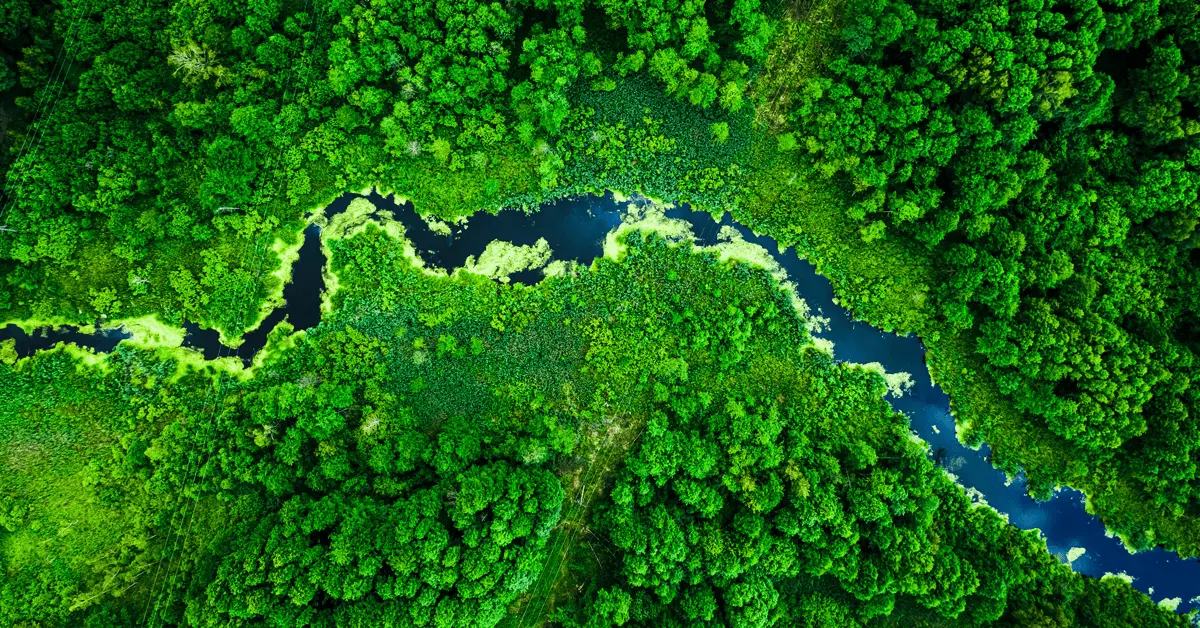Current human activities are leading to a significant loss of biodiversity of both natural and agricultural ecosystems. The new millennium has led to new opportunities for the conservation and the sustainable use of biodiversity, but at the same time has meant about the emergence of new threats. The rapid progress of scientific knowledge (including new and more advanced study methodologies), the impact of climate change, the increasing consumption of land, the spread of invasive alien species and the emergence of new pathogens have profoundly changed the overall picture (including the human perception) of the strategic value of biodiversity, stimulating the research and development of new and more effective solutions for its sustainable use.
The assessment of biological diversity is a key indicator for monitoring the health of terrestrial ecosystems, often subjected to a growing human impact, including the effects of global warming. The correct functioning of the biosphere is based on the presence of multiple biological networks that are resilient to changes, ensuring the continuity of animal, plant and microbial life. The extinction of one or more species can lead to unexpected impacts, sometimes threatening the loss of entire ecosystems. Climate change, loss of biodiversity and degradation of ecosystems are interconnected phenomena, with devastating consequences for the economic, environmental and social stability of the planet.
The importance of studying biodiversity is now an accepted paradigm also in the agri-food sector. Globally, plants constitute over 80% of the human diet: 30,000 plant species are considered edible, 7,000 are cultivated for food, but only 30 are used for food purposes on a large scale. Among them, rice, wheat, corn, millet and sorghum ensure 60% of global food resources. Among animals, of the 30 domesticated species, only 14 ensure 90% of food of animal origin. About microorganisms, it has been estimated that less than 1% of total microbial biodiversity has been described and studied so far. The 15th National Conference on Biodiversity will promote and disseminate the latest basic and applied scientific knowledge on the study, conservation and sustainable use of animal, plant, insect, and microbial diversity within the Academic, Scientific and Institutional world. The topic of the Conference, "Biodiversity in the 21st century: new paradigms for new challenges", was chosen to provide answers to the new challenges imposed by the growing impact of human activities and climate change on biological diversity in natural and agricultural ecosystems, suggesting possible solutions and defining innovative intervention models, both aimed at in-situ and ex-situ conservation, as well as sustainable enhancement, also in light of the principles of circular economy, in line with the EU strategies envisaged within the European Green Deal.
The 15th National Conference on Biodiversity will also be associated with the 2nd Edition of the International Conference on Mediterranean Biodiversity. The Mediterranean basin represents not only an area important for its history, cultures and traditions, but also a complex of natural and agricultural ecosystems that are hotspots of plant, animal and microbial biodiversity still understudied.

